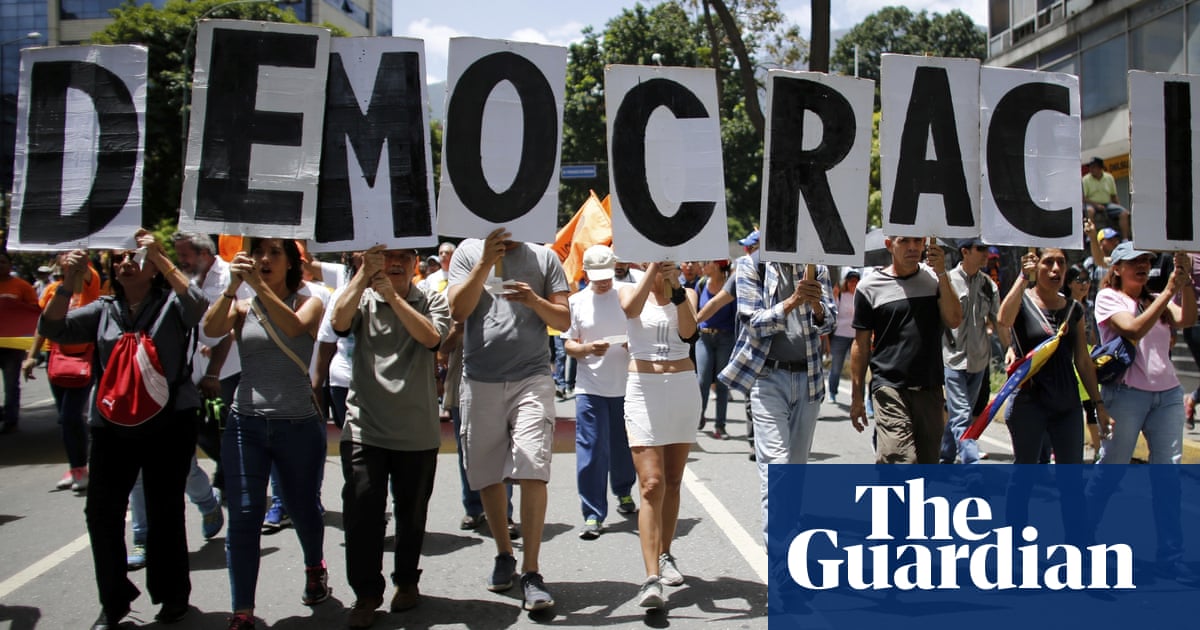U.S. State Department’s Potential Shift in Funding for Democracy Programs
The recent recommendations from the U.S. State Department pose a significant turning point in America’s approach to foreign assistance, particularly concerning pro-democracy initiatives. Advisories indicate that nearly every program funded by the Bureau of Democracy, Human Rights, and Labor (DRL) may face termination. This move could effectively dismantle the U.S. government’s role in promoting democratic values in some of the world’s most repressive regimes.
Scale of the Impact
According to sources close to the matter, around $1.3 billion in grants stand to be affected by these drastic changes. Of the 391 active grants, a staggering 80% could be cut, leaving only two—programs focused on China and Yemen—recommended for continuation. This review comes in light of findings from a Foreign Assistance Review by the Office of Management and Budget (OMB). The implications for democratic movements in countries already under authoritarian rule could be severe, depriving activists of necessary support.
Programs at Risk
The programs targeted for termination include vital support mechanisms for pro-democracy activists, such as rapid response teams that help relocate individuals facing imminent threats. These initiatives serve as lifelines for activists in countries like Cuba and Venezuela, who are striving to foster democratic ideals amid rampant repression.
Other vulnerable programs focus on combating internet censorship, enhancing media literacy, ensuring human rights awareness, and preventing atrocities. Importantly, election support and efforts to combat transnational repression—notably from regimes in China—are also under scrutiny.
New Directions and Controversies
Further complicating this scenario is the behavior of newly appointed advisers within DRL, particularly recent college graduate Samuel Samson. He has suggested reallocating foreign assistance funds for administration-focused projects, including resettling Afrikaners in the U.S. and supporting the legal defense of French far-right politician Marine Le Pen. This reflects a burgeoning trend of shifting priorities among foreign assistance initiatives, moving away from traditional support for democracy and human rights.
Samson’s controversial remarks, notably his defense of far-right political movements in Europe, highlight an ideological pivot within the State Department. These shifts raise concerns about the priorities and motivations of individuals in influential positions within the bureau.
Internal Ripple Effects
A source from the State Department alluded to a sense of shock among DRL’s leadership regarding the OMB’s recommendations. The ongoing internal battle reflects broader ideological fractures within the Trump administration, delineating between foreign policy hawks advocating for traditional democratic support and hardline conservatives advocating for fiscal austerity.
The anticipated termination of these grants could also pave the way for significant personnel reductions within DRL, further eroding the bureau’s capacity to champion democratic values. Employees managing these critical programs may find themselves at risk of being laid off, given the lack of funding to support their work.
Political Tensions
The response to these developments hasn’t gone unnoticed. Ten Democratic senators have voiced strong criticism towards Senator Marco Rubio for his support of the proposed reorganization that threatens to downgrade human rights advocacy. They have called for the preservation of the DRL, leveraging his past commitment to these issues against the current trajectory.
Rubio’s shift from being a staunch advocate for human rights to a proponent of a reorganization that could drastically diminish DRL’s influence has sparked heated debate about the U.S.’s commitment to promoting democracy abroad.
Conclusion
As the State Department grapples with these multifaceted challenges, the recommendations from the OMB as well as internal conflicts illuminate the delicate balance between fiscal strategy and ethical responsibility in foreign policy. The fate of pro-democracy programs under the DRL hangs in the balance, leaving countless activists and vulnerable populations worldwide anxious about the future of U.S. support.


